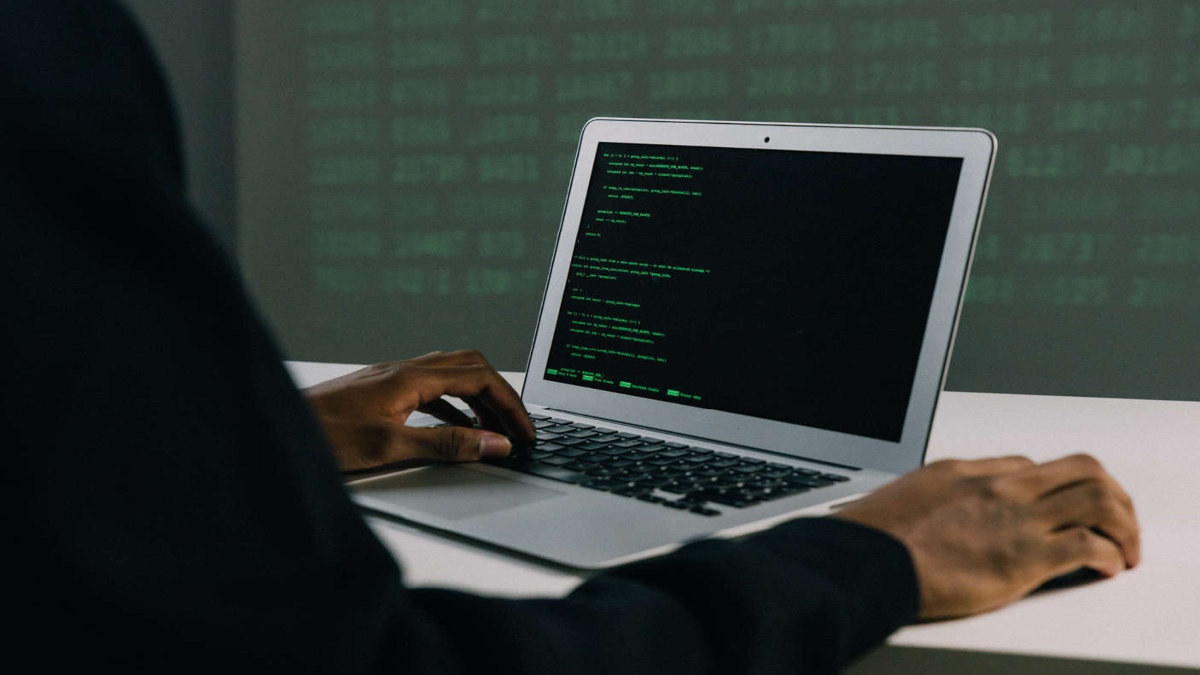The Supreme Court on Thursday said that the allegations of snooping are serious if the reports regarding it are correct, but no efforts seem to have been made by the affected persons to file criminal complaints with the police before approaching the top court.
The Supreme Court was hearing a batch of petitions seeking independent probe into the alleged Pegasus snooping. “It is surprising that the Pegasus issue came to light in 2019 and no one made any serious attempt to collect verifiable material about snooping,” a bench of Chief Justice N.V. Ramana and Justice Surya Kant told senior advocate Kapil Sibal who appeared for the Editors’ Guild of India and senior journalists N. Ram and Sashi Kumar.
The top court asked that the several petitioners or their associates claimed their phones were targeted by spyware. They are all educated and resourceful people. Why did they not file a criminal complaint under Telegraph Act/Information Technology Act? “I can explain. We do not have the access to many materials. The petitions have information about 10 cases of direct infiltration into phones,” Sibal said.
“My question is if you know the phone is hacked, then why wasn’t an FIR lodged? That is the only question,” CJI Ramana asked Senior Counsel Meenakshi Arora, and Shyam Divan who was appearing for the petitioners. Senior Advocate Shyam Divan, appearing for Jagdeep Chhokar, maintained that he has not filed a complaint because the matter requires an independent probe.
Then CJI Ramana and Justice Surya Kant said there has to be some representation from the Centre to place its point of view and accept notice, if it is issued. The top court asked the petitioners to serve copies on the Centre for hearing on 10 August. The Supreme Court was hearing nine petitions including Advocate M.L. Sharma, Rajya Sabha MP John Brittas, Director of Hindu Group of publications N. Ram, founder of Asianet Sashi Kumar, Editors’ Guild of India, journalists Paranjoy Guha Thakurta, SNM Abdi, Prem Shankar Jha, and Rupesh Kumar Singh seeking a court-monitored SIT probe into the Pegasus snoopgate.
On 3 August, the Editors’ Guild of India has filed a petition in the Supreme Court seeking a court-monitored SIT probe into the Pegasus snoopgate. The plea also sought directions to be issued to the Central government to produce any contracts, agreements, memoranda of understanding entered into with foreign companies for supplying spyware, hacking or electronic surveillance which has been used, whether authorised or not, on Indian citizens. The petitioner stated that the Government of India has not expressly denied procuring Pegasus spyware, or using it on journalists, and consequently, must uncover and furnish all information regarding purchase and use of this malware, and illegal surveillance carried out by the use of this spyware/surveillance tool/hacking. The petitioner said that the citizens of India have a right to know about the violation of fundamental rights, abuse of power by the state, occurrence of cyber terrorist attacks, and threats to their privacy, safety and freedoms.
On 27 July, senior journalists N. Ram, and Shashi Kumar had filed a plea in the Supreme Court for an independent probe headed by a former or sitting top court judge into the Pegasus issue. The petitioners also sought direction to the Centre to disclose if the Government or any of its agencies have obtained license(s) for Pegasus spyware and/or used/employed it, either directly or indirectly, to conduct surveillance in any manner whatsoever. The petitioners stated that such targeted surveillance using weapons grade Pegasus software violates Article 21, 19 and 14 of the
Constitution of India, as it breaches the right to privacy and the right to freedom of speech and expression. The present surveillance is also in complete derogation of the Telegraph Act, 1885 and the Information Technology Act, 2000 and as such is completely illegal and a criminal act, it added.
The plea further stated that such targeted surveillance violates the right to privacy, which is the constitutional core of human dignity and is protected under Article 21, 19, 14, 25, 28, the Preamble and
Part III of the Constitution according to the landmark judgment of a nine-judge bench of this Court in the K.S. Puttaswamy v. Union of India. On 25 July, Rajya Sabha member John Brittas had filed a petition in the Supreme Court seeking a court-monitored probe into reports of alleged snooping of activists, politicians, journalists and constitutional functionaries using Israeli spyware Pegasus. The parliamentarian said the recent Pegasus snooping allegations as reported by a website on 19 July are causing huge apprehensions and great agony for the citizens of India as such snooping violate citizen’s freedom of speech under Article-19 (1) (a) as well as his/her personal liberty under Article-21.
On 22 July Advocate M.L. Sharma had filed a petition in the Supreme Court seeking a court-monitored probe by a Special Investigation Team into the reports of alleged snooping by government agencies using Israeli spyware Pegasus over journalists, activists, politicians and others. The plea further sought to declare buying of Pegasus software for snooping illegal and unconstitutional.










